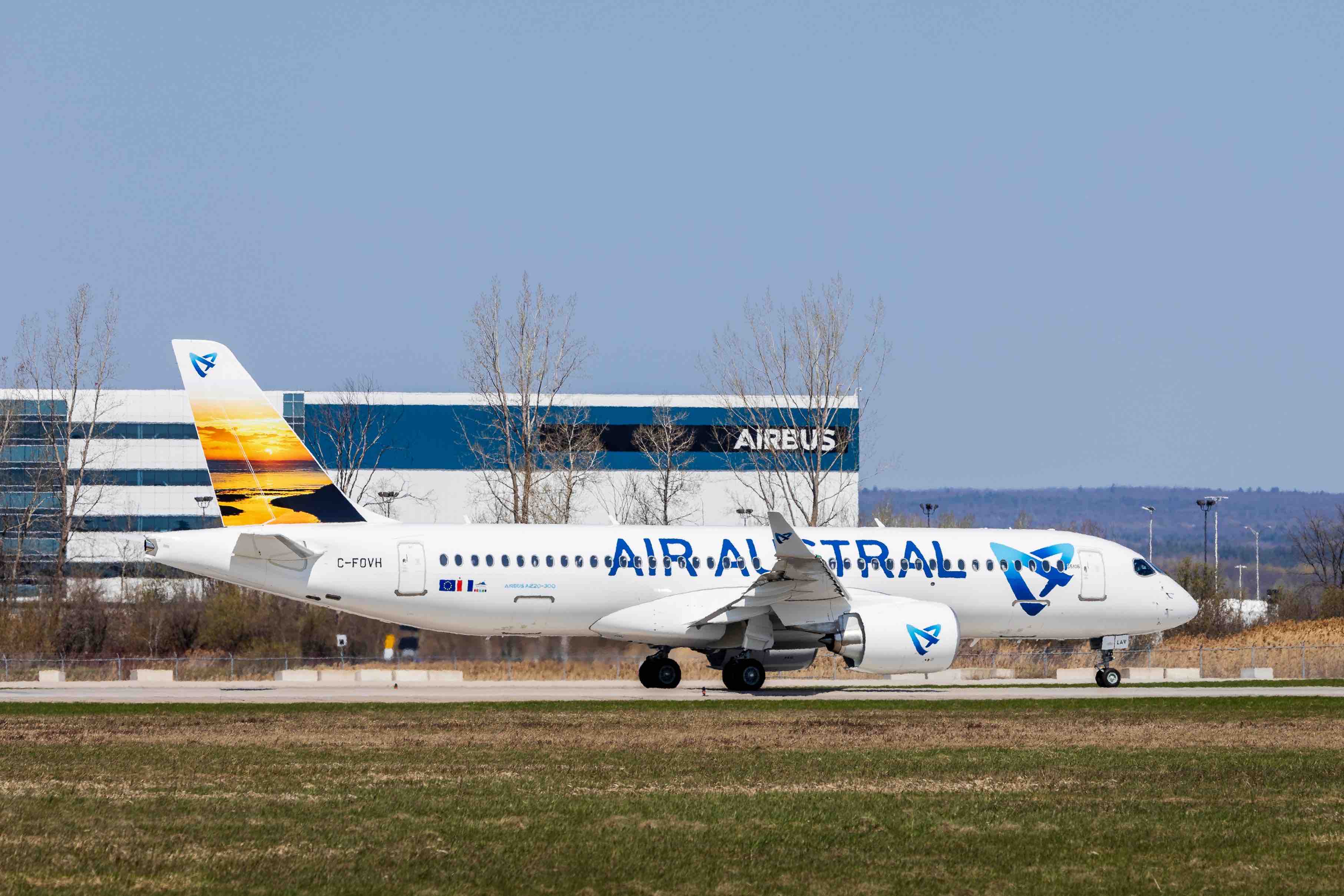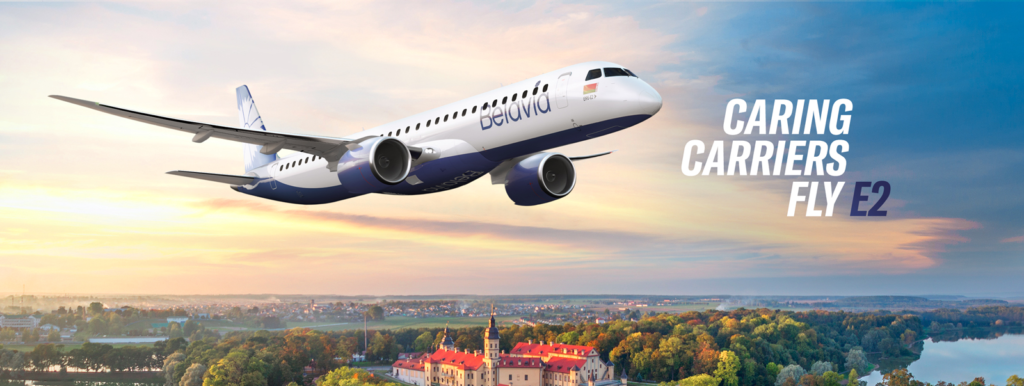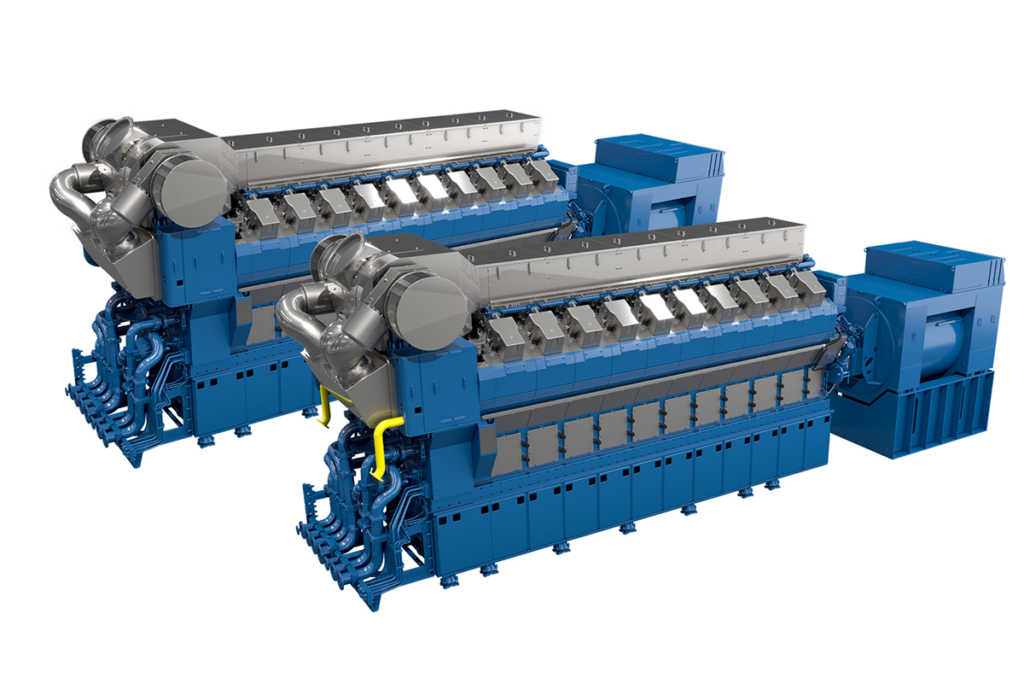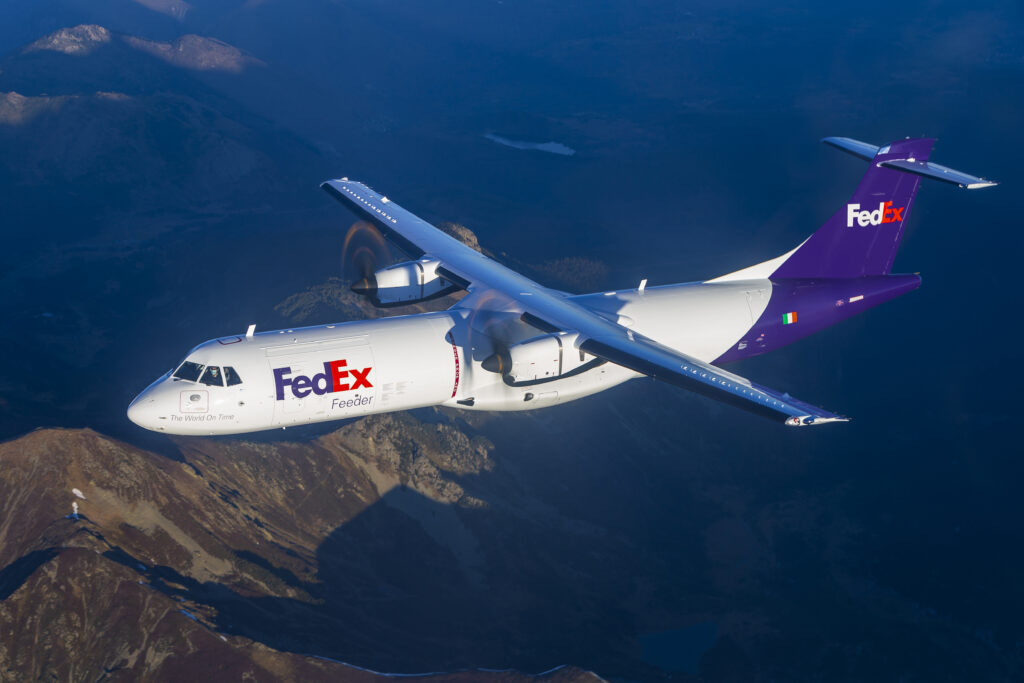Indian Ocean Based Air Austral Becomes First French A220 Operator
Mirabel, Canada – The first of the three A220s for Air Austral, France’s La Reunion Island-based airline, has been delivered from the Airbus A220 Final Assembly Line (FAL) in Mirabel, Canada. The second and third aircraft…






